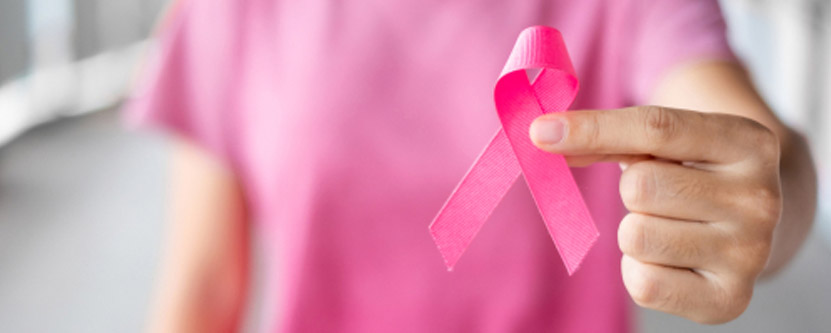Though there are advanced treatment options available for cancer today and a lot of cancers are treated and cured successfully, the word ‘cancer’ is still associated with dread.
[the_ad id=”6094″]
When it comes to breast cancer, it has unenviable distinctions:
- It’s the most common cancer among women
- It’s the second most common cancer overall
Naturally, the number of women who are left to cope with breast cancer, its treatment and the physical and emotional trauma that come along with it is higher. Let’s take a look at the ways in which a breast cancer patient can cope with the treatment, what happens during treatment and finally how each breast cancer patient can emerge victoriously!
It’s a well-known fact that cancer treatment comes with side effects. However, not all patients who undergo the same treatment experience the same side effects. While it’s inevitable to feel worried about the side effects, knowing that your healthcare team will take good care to prevent and alleviate them will help you relax and gain confidence.
Physical side effects:
Some of the most common side effects of breast cancer treatment are:
- Loss of hair
- Anemia
- Loss of appetite
- Attention deficiency and memory problems
- Constipation
- Dehydration
- Diarrhea
- Fatigue
- Malaise
- Lymphedema
- Weight loss or Weight gain
- Nausea & vomiting
Remember, side effects during treatment depend upon the stage of cancer, the length and dose of treatment as well as your general health.
How to cope with them?
Talk to your healthcare team regularly and let them know how you’re feeling. Make sure that you apprise them of your existing side effects, changes in them and new side effects as well. This way, they will understand what you’re going through and suggest ways to manage them and help you feel comfortable and make sure that the side effects don’t go out of control.
Emotional side effects:
Cancer’s side effects don’t just affect you physically, but emotionally and socially as well. Often, they start right after you’re diagnosed. The most common emotional difficulties one would face after diagnosed with cancer are sadness, anxiety and anger.
How to cope with them?
Talking to your loved ones, oncology social workers or opting to do counselling sessions can greatly help in reducing the emotional stress you are going through. There are many groups and forums that help breast cancer patients cope with the treatment, associated side effects and emerge victoriously.
Helping a loved one cope with breast cancer treatment:
While cancer can affect anyone, how you deal with it can make all the difference. If you’ve loved one is battling cancer, here’s how you can take care of them:
- Provide support & encouragement
- Give medications
- Help manage symptoms & side effects
- Take them to appointments
- Help with household chores
- Help them eat better
With proper medication and care, breast cancer can be effectively treated. But what really matters is how you cope with them or help a loved one survive the emotional and physical stress.
Source:

